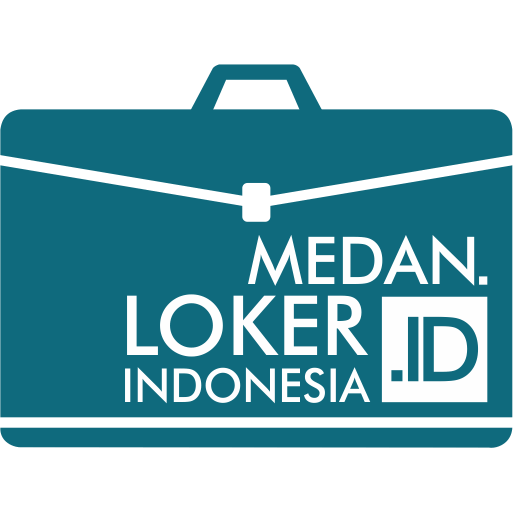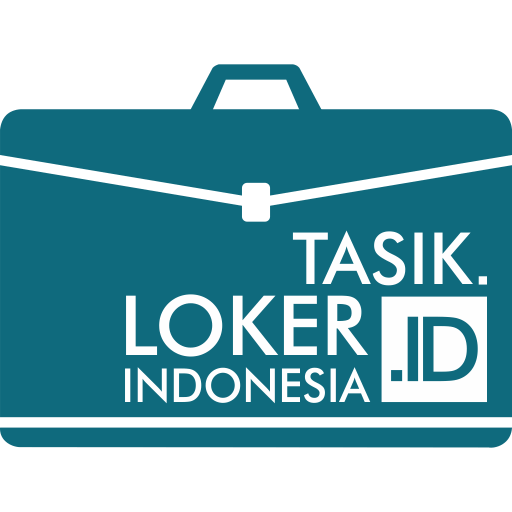Key Responsibilities:
Design, develop, and implement hardware solutions for automation systems, including control systems, sensors, and actuators.
Collaborate with cross-functional teams to integrate hardware and software components to ensure optimal performance.
Conduct testing and troubleshooting of hardware components to ensure reliability and functionality.
Develop and maintain automation frameworks, including scripts, test plans, and diagnostic tools.
Monitor and improve system performance by analyzing hardware and software interactions.
Maintain technical documentation for hardware designs, configurations, and systems processes.
Provide support during the installation, commissioning, and maintenance of automation systems.
Work closely with other engineering teams to continuously improve hardware design and automation processes.
Ensure that systems meet compliance, safety, and regulatory standards.
Participate in research and development activities to incorporate emerging technologies into automation systems.
Job Qualifications:
Education:
Bachelor’s degree in Electrical Engineering, Computer Engineering, Mechatronics, or a related field. A Master’s degree is a plus.
Experience:
Minimum of 2-3 years of experience in hardware design, automation systems, or related fields.
Proven experience with automation software and hardware platforms, such as PLCs, embedded systems, sensors, actuators, and robotics.
Experience in system integration and troubleshooting of hardware and software components.
Hands-on experience with programming languages like C, C++, Python, or similar for hardware control and automation tasks.
Familiarity with industry standards (e.g., ISO, IEC) related to hardware and automation systems.
Technical Skills:
Proficiency in circuit design, PCB layout, and schematic capture.
Solid understanding of automation systems and control systems, including PLCs, SCADA, and HMI.
Experience with hardware/software integration, data acquisition, and processing.
Knowledge of mechanical and electrical systems for automation.
Familiarity with simulation software and design tools (e.g., MATLAB, LabVIEW, AutoCAD, Altium Designer).
Proficient in using test and measurement instruments (e.g., oscilloscopes, multimeters).
Soft Skills:
Strong problem-solving and troubleshooting abilities.
Excellent communication and teamwork skills, with the ability to collaborate effectively with cross-functional teams.
Attention to detail and ability to work under pressure in a fast-paced environment.
Strong organizational and time-management skills.













